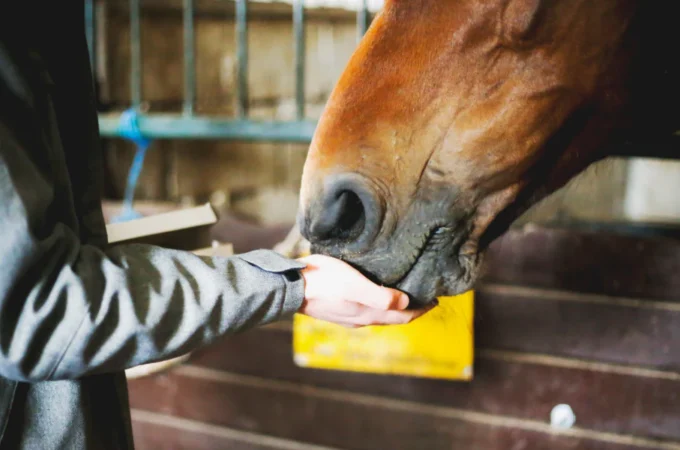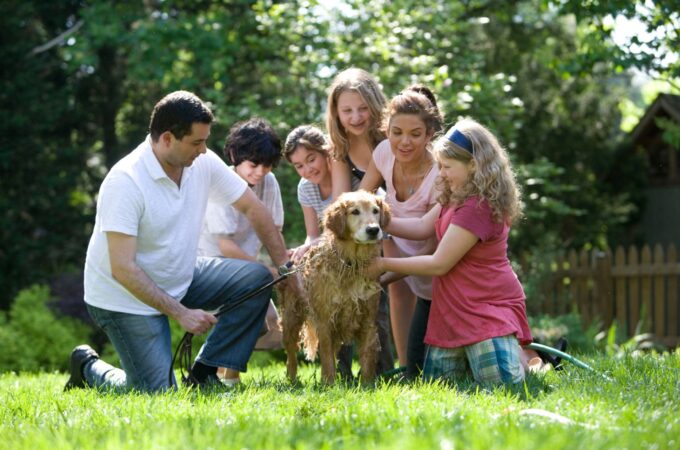
Can You Stop a Dog Throwing Up?
Diarrhea and vomiting in dogs is a perennial problem familiar to all owners of man’s best friend. Every dog will have the occasional bout of gastric trouble, but for some dogs and their human associates it’s a more frequent occurrence, and even if it’s not medically serious it’s still upsetting for both dog and owner.
Unfortunately there’s no magic bullet – no single solution to all doggy stomach upsets. The one thing you can do to help stop a dog throwing up is find out why they’re doing it, and what the specific solution is for your dog. To that end, we’re looking at some common causes of dog vomiting and things you can do to help.
Morning Vomiting

It’s not uncommon to wake up in the morning and find your dog has thrown up recently – or at some point in the night. In most cases you’ll find this is a yellowish liquid called bile, and while it’s often an easy problem to solve, it can be the indicator for more serious health issues.
For many dogs, this is caused by going to bed on an empty stomach – their digestive systems are always working, and if they have no food to work on they can suffer from acid reflux. Try feeding your dog smaller meals spaced apart through the day, with one just before bed time.
You may well find this puts a stop to your morning clear ups, but keep monitoring the situation. Vomit in the morning or overnight could also be a sign of pancreatitis, among other serious issues, or pregnancy in unneutered female dogs, so be prepared to take your dog to the vet in a hurry!
Vomiting After Meals

If your dog frequently vomits after meals, there are a number of possible causes that could be at work. The most common is that they’re eating too fast. If your dog gobbles down his food, he can get overfull, or swallow lots of air alongside it, causing vomiting (this is at least preferable to the other outcome – ‘Bloat’, a serious, life threatening condition for dogs).
There are several solutions to this. As above, you can feed smaller meals throughout the day so your dog doesn’t have the chance to gorge themselves to the point of vomiting. You could also use a differently shaped bowl (or simply put a tennis bowl in their regular bowl) to slow them down, and make them work a little harder for each mouthful.
Vomiting after meals can also be caused by a change in diet. Simply changing your brand of dog food can upset a dog’s stomach, so you have to do it carefully. Start with a small amount of the new food mixed in with your dogs regular meals. Over the course of a full week, gradually change the mix so they’re getting more of the new food and less of the old, until they’re fully transitioned.
One regular dog behaviour you don’t need to worry about is your dog eating grass and vomiting. There are lots of theories about why dogs do this, from a psychological need, to merely liking the flavour and taste, but it doesn’t mean they’re sick or have eaten contaminated food they need to throw up. It does come with an increased risk of parasites though, so you should get the vet to check this at your next appointment.
As in all cases, remember you know your dog best, and if you’re worried you’re probably right to be. Don’t be reluctant to make an appointment at the vet and get some expert advice and medical help if necessary.




